“逆全球化”:特征、起因与前瞻
De-globalization: Features, Causes and Outlook
-
摘要: 从根本上说,全球化的发生、发展和终结是由技术进步、政府政策、全球化的收益和成本决定的。目前我们正面临的“逆全球化”,其端倪很早就已经出现,正被国家间和国家内部利益的分配问题推向高潮。同时,以人工智能、物联网和机器人为标志的第四次技术革命将使收入分配问题进一步恶化,并最终导致本轮全球化走向终结。为此,国际组织、各国政府和社会团体需要做好充分的准备,而极力推进“一带一路”建设的中国必须重视全球化所带来的利益分配问题,以抗衡“逆全球化”浪潮,或为下一轮全球化的可持续发展奠定基础。Abstract: Globalization or de-globalization are fundamentally driven by three groups of factors: technology progress, policy and cost-benefit of globalization. The current de-globalization trend emerged as quite a while ago and has been aggravated to a new level by rising income disparities between economies and within economies. At the same time, the fourth industrial revolution characterized by AI, internets of things and robots will certainly make income distribution worse and ultimately lead to the end of globalization. Therefore, international institutions, national governments, NGOs and the research community must be prepared for this ending while China must give sufficient attention to the impacts on income distribution of BRI in order to counter the current de-globalization trend or lay the foundation for the sustainability of next round of globalization.
-



 下载:
下载:
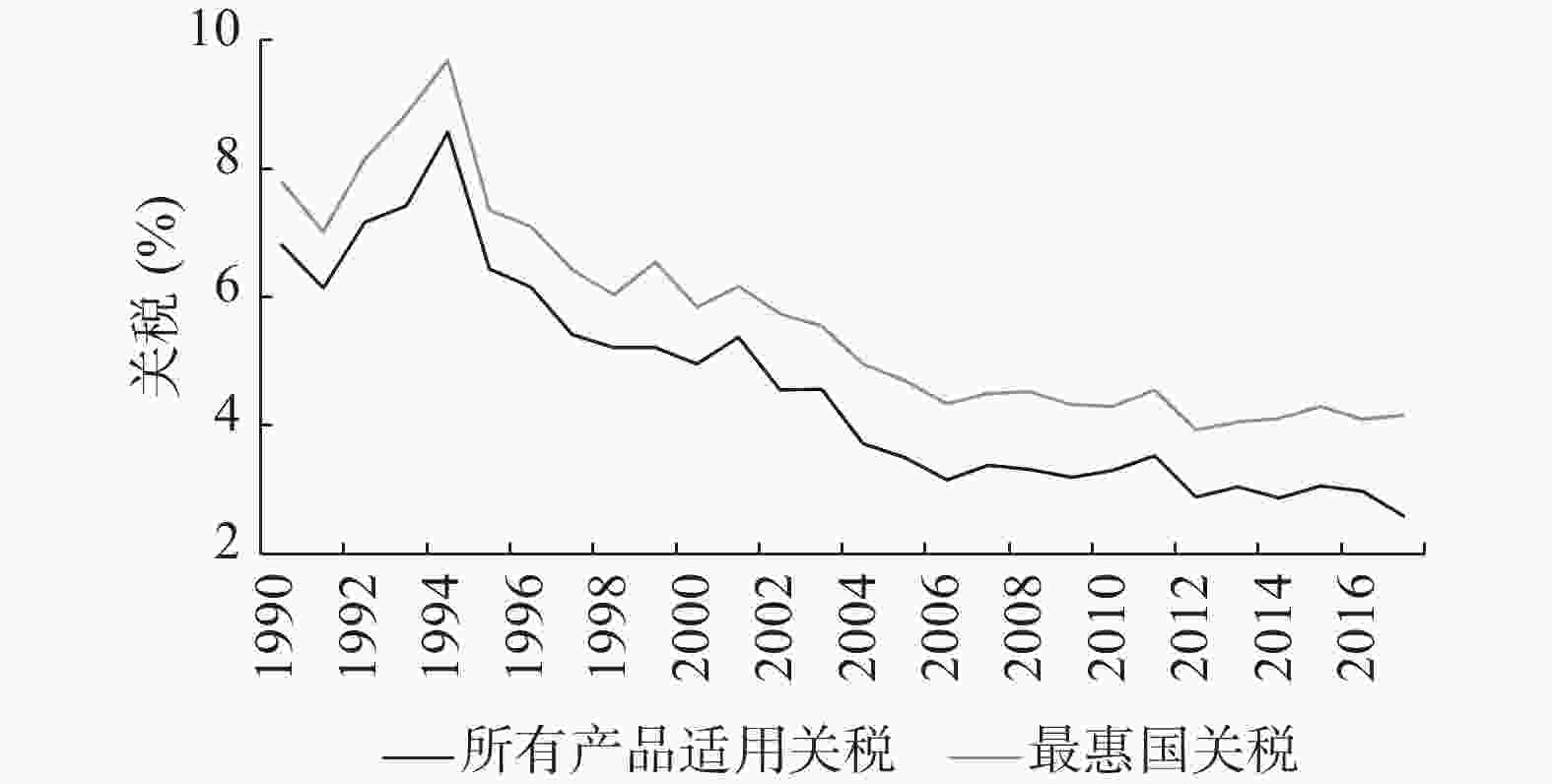
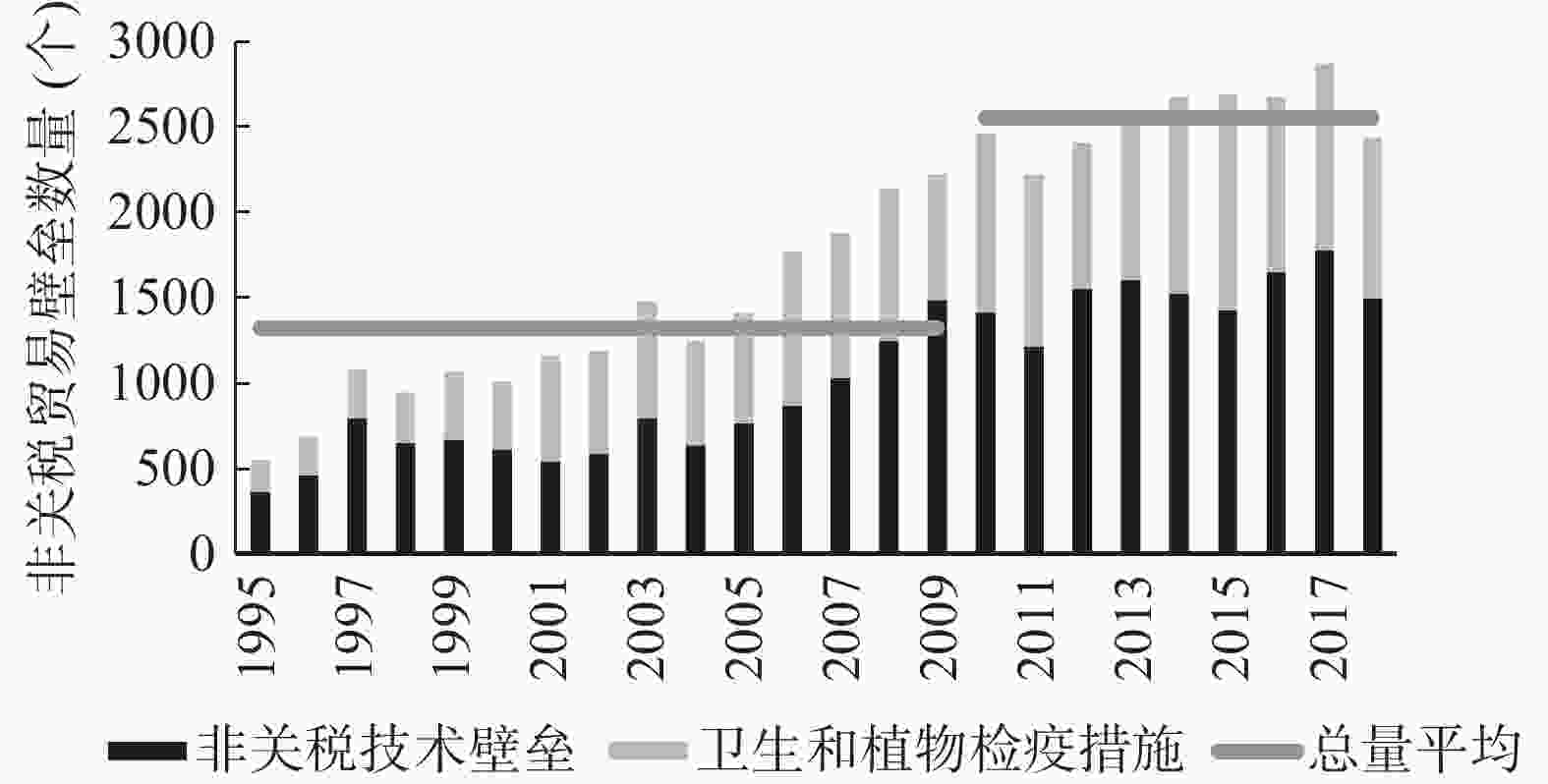
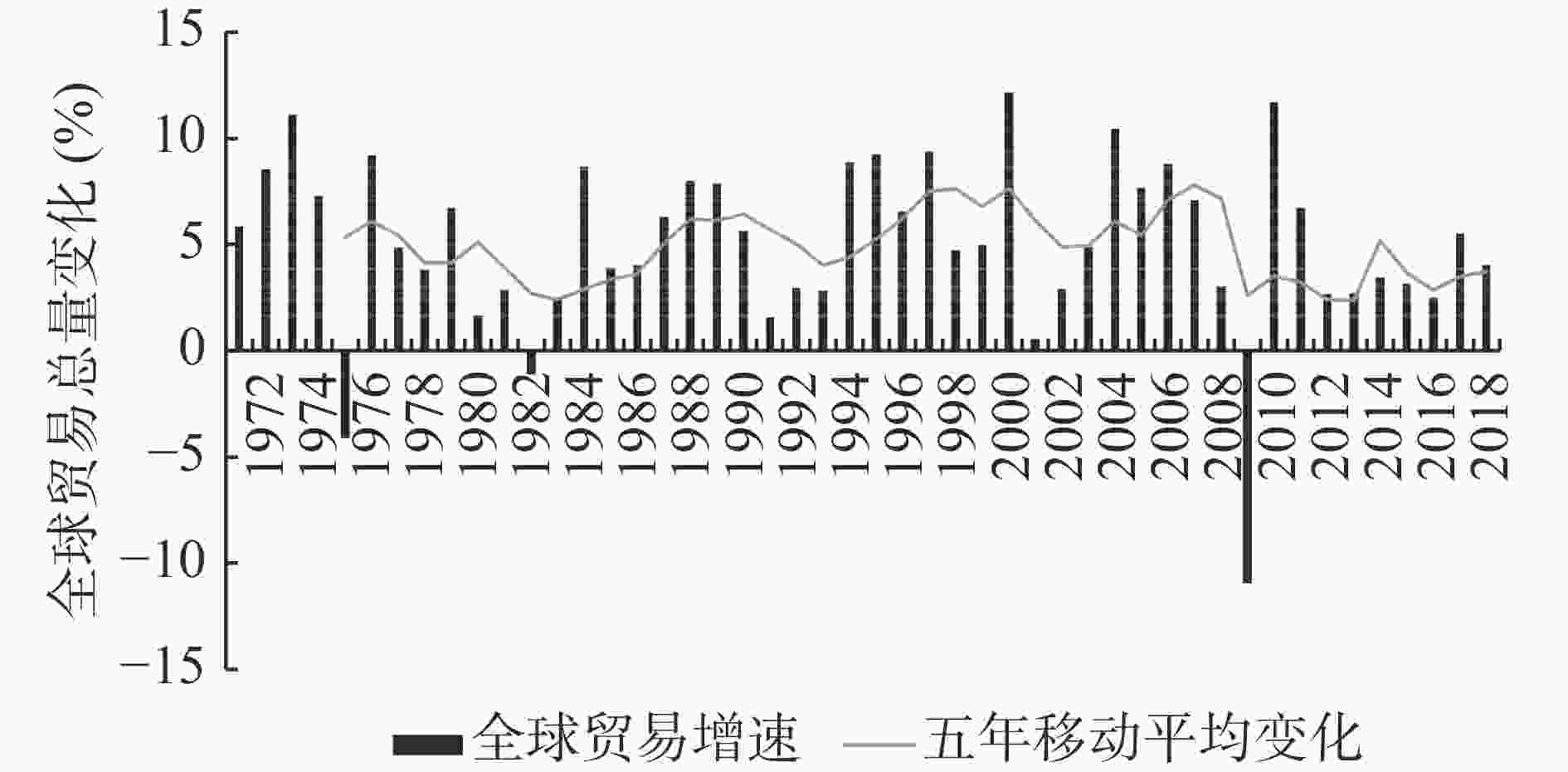
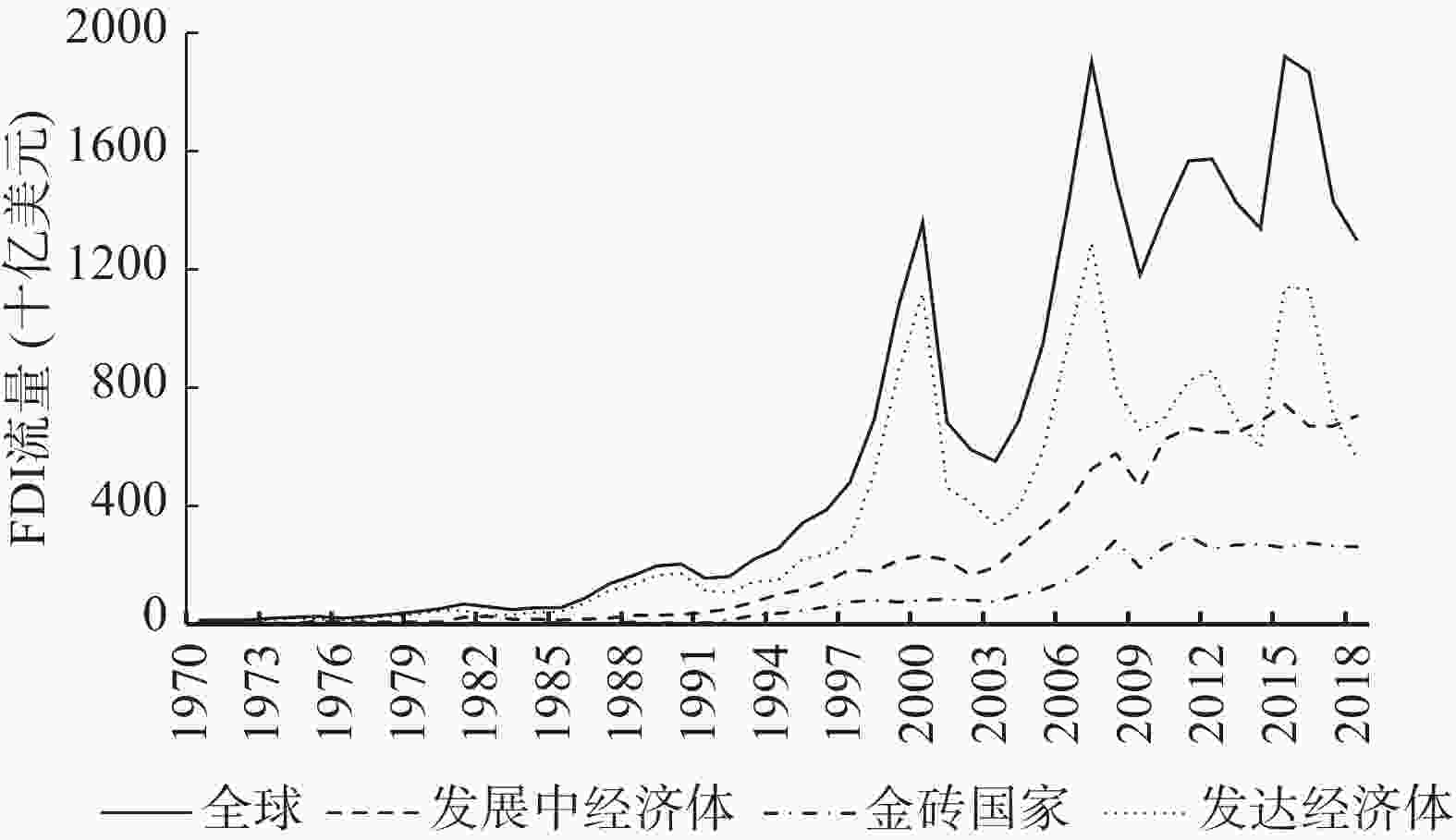

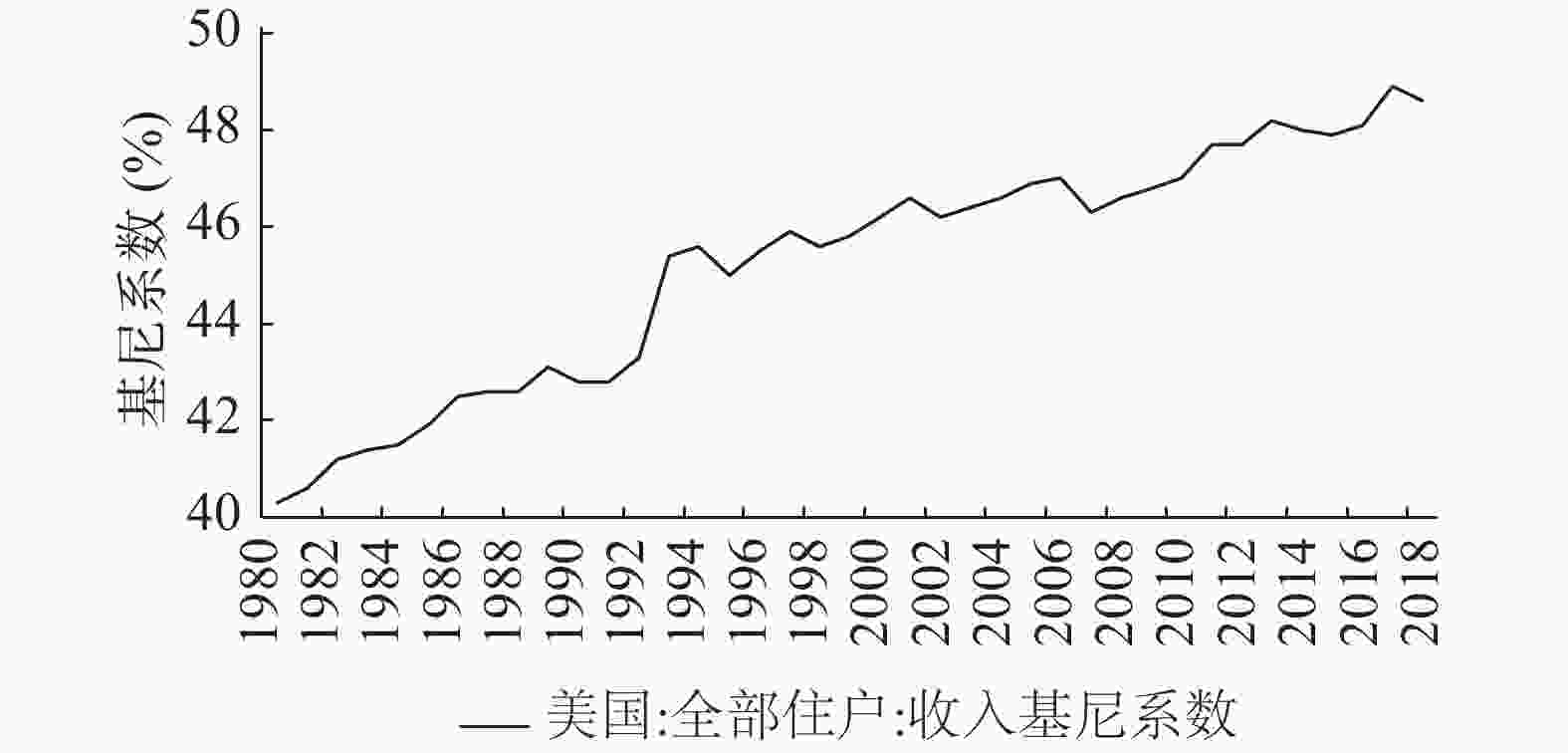
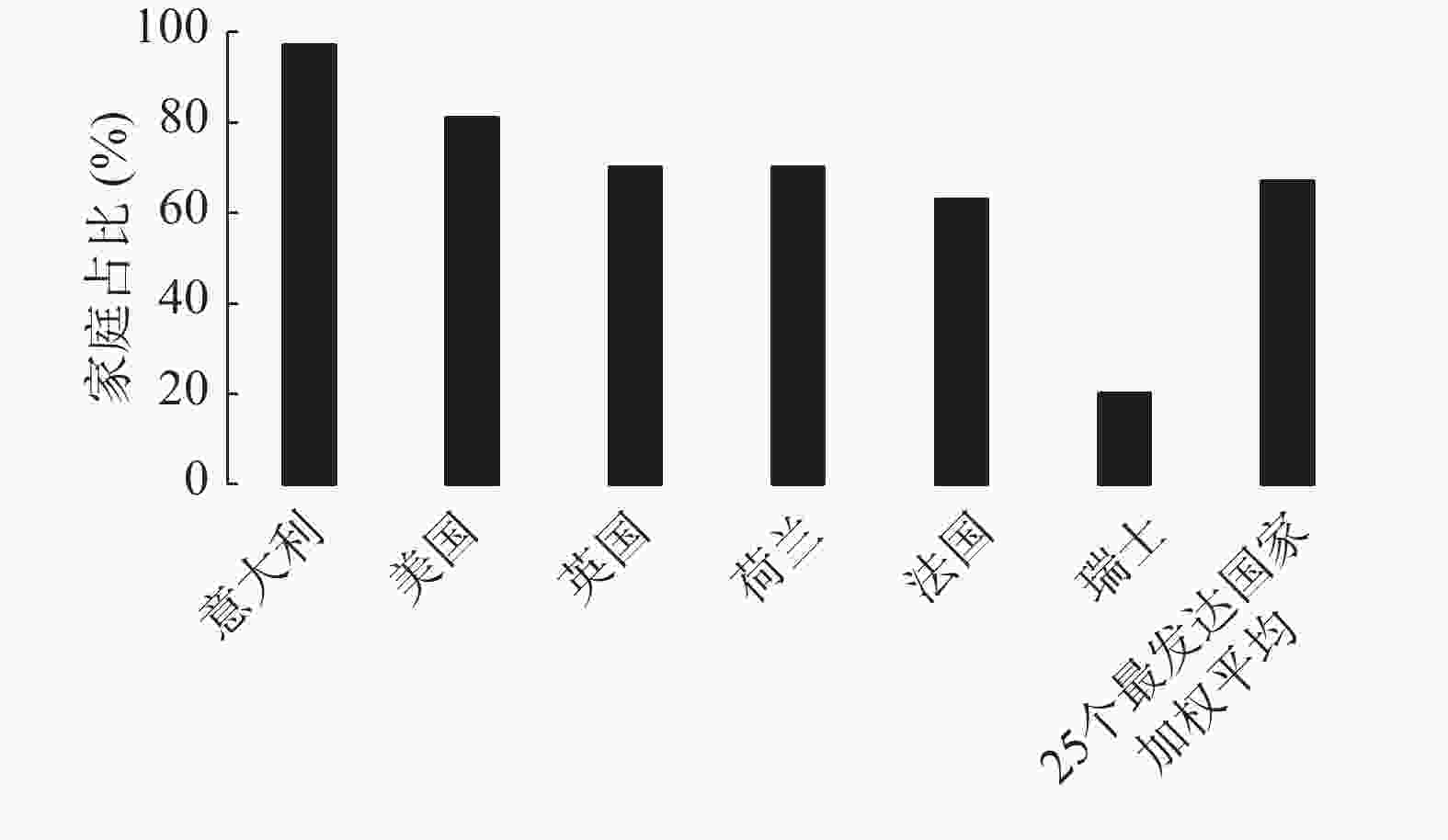
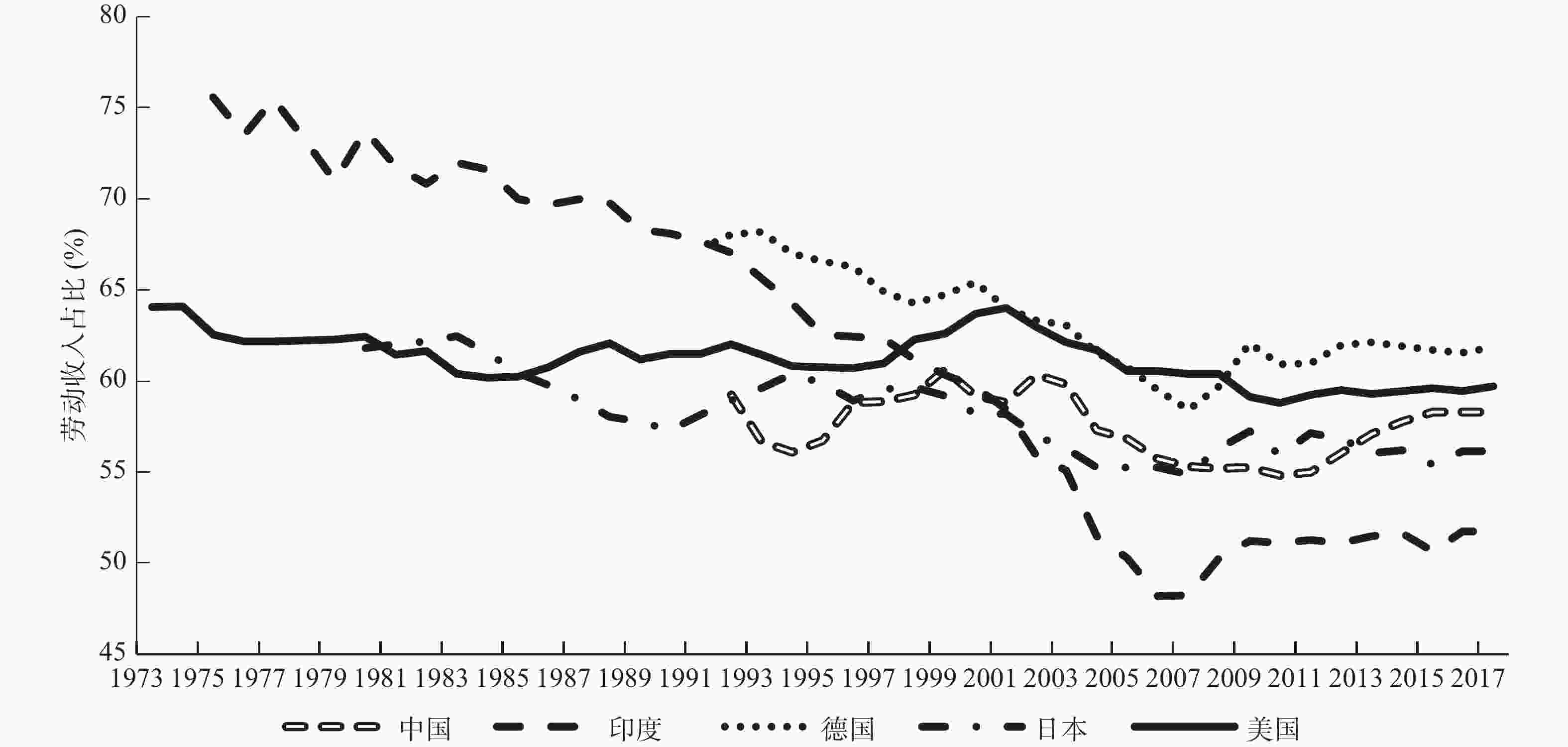
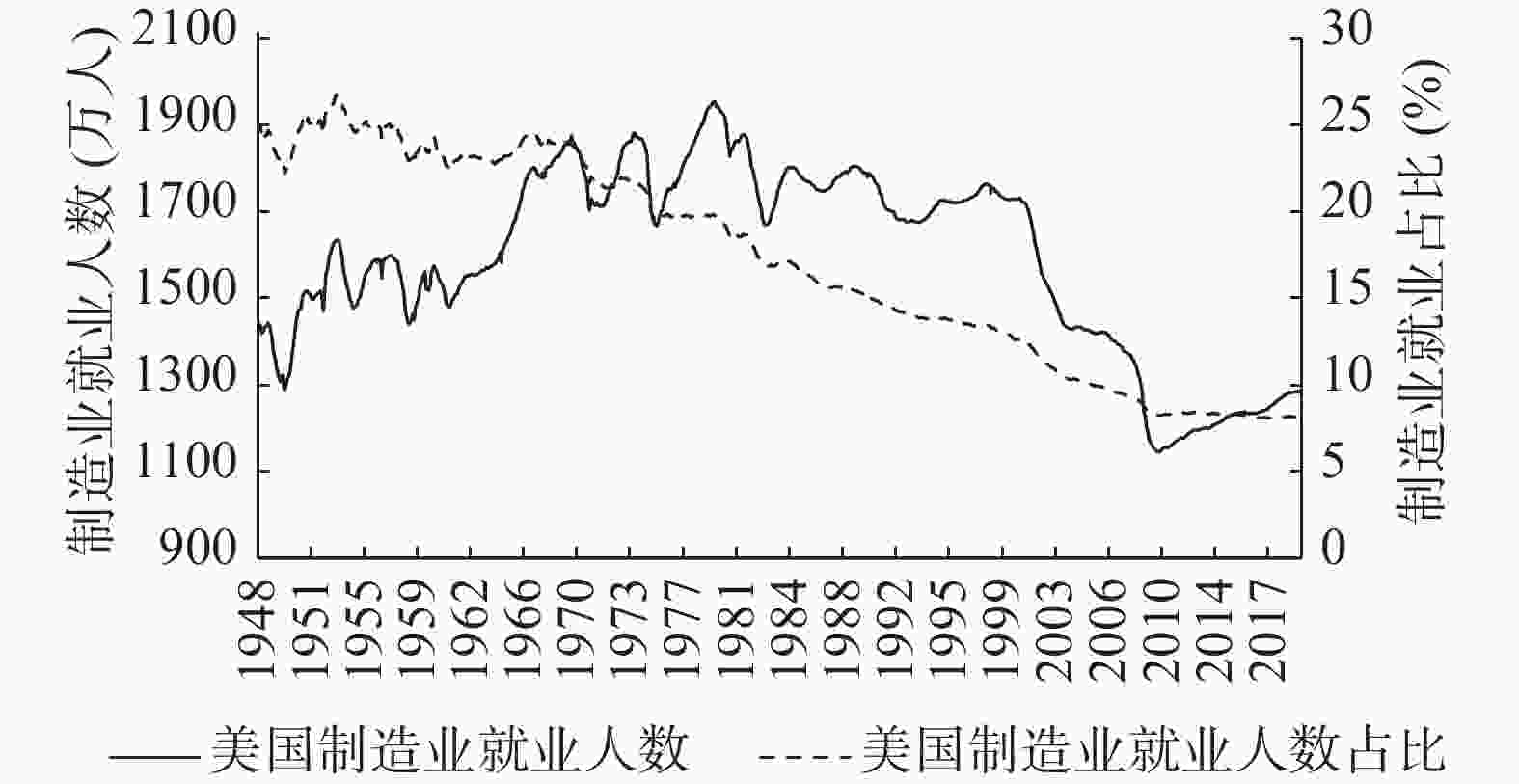
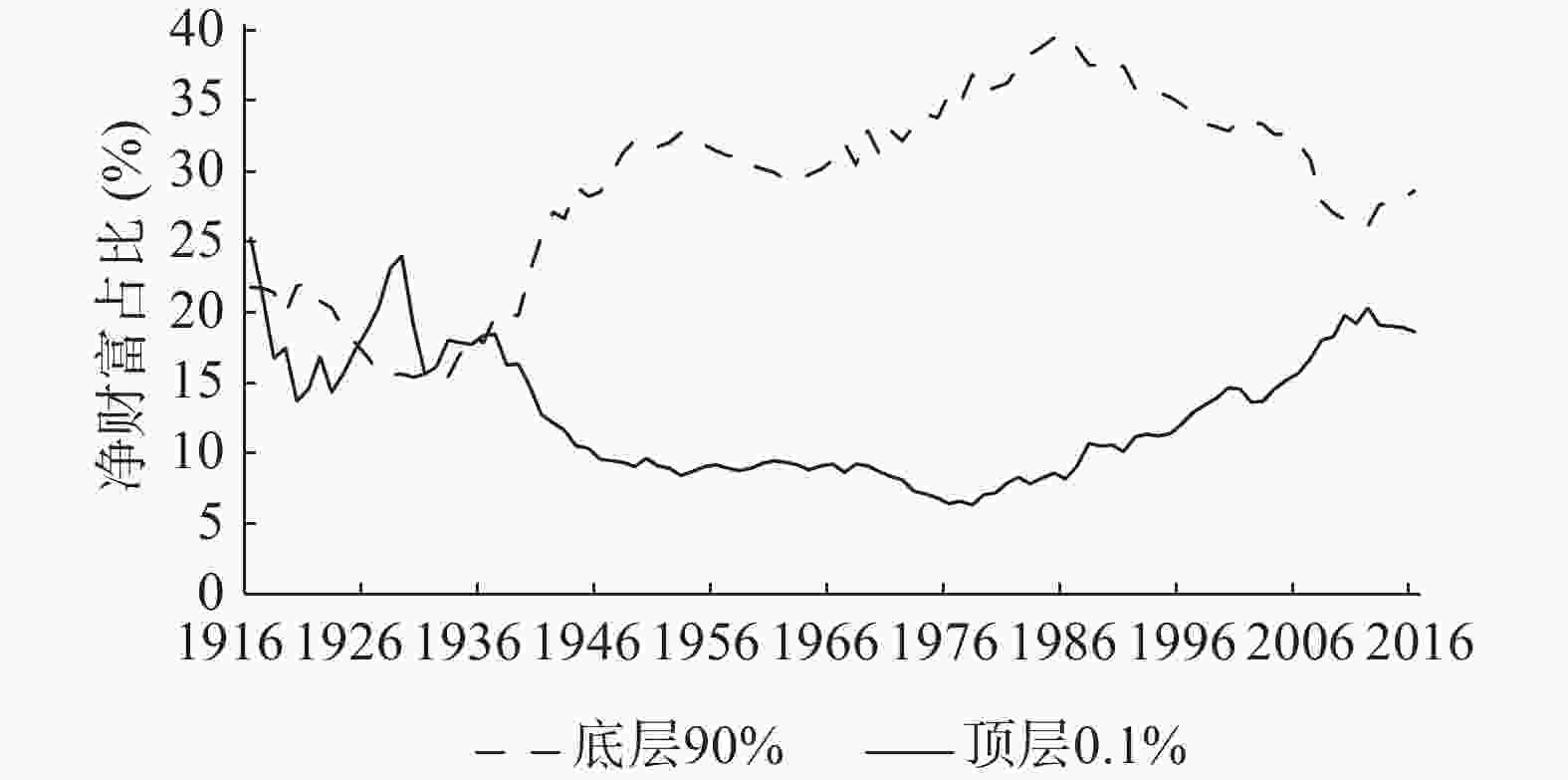
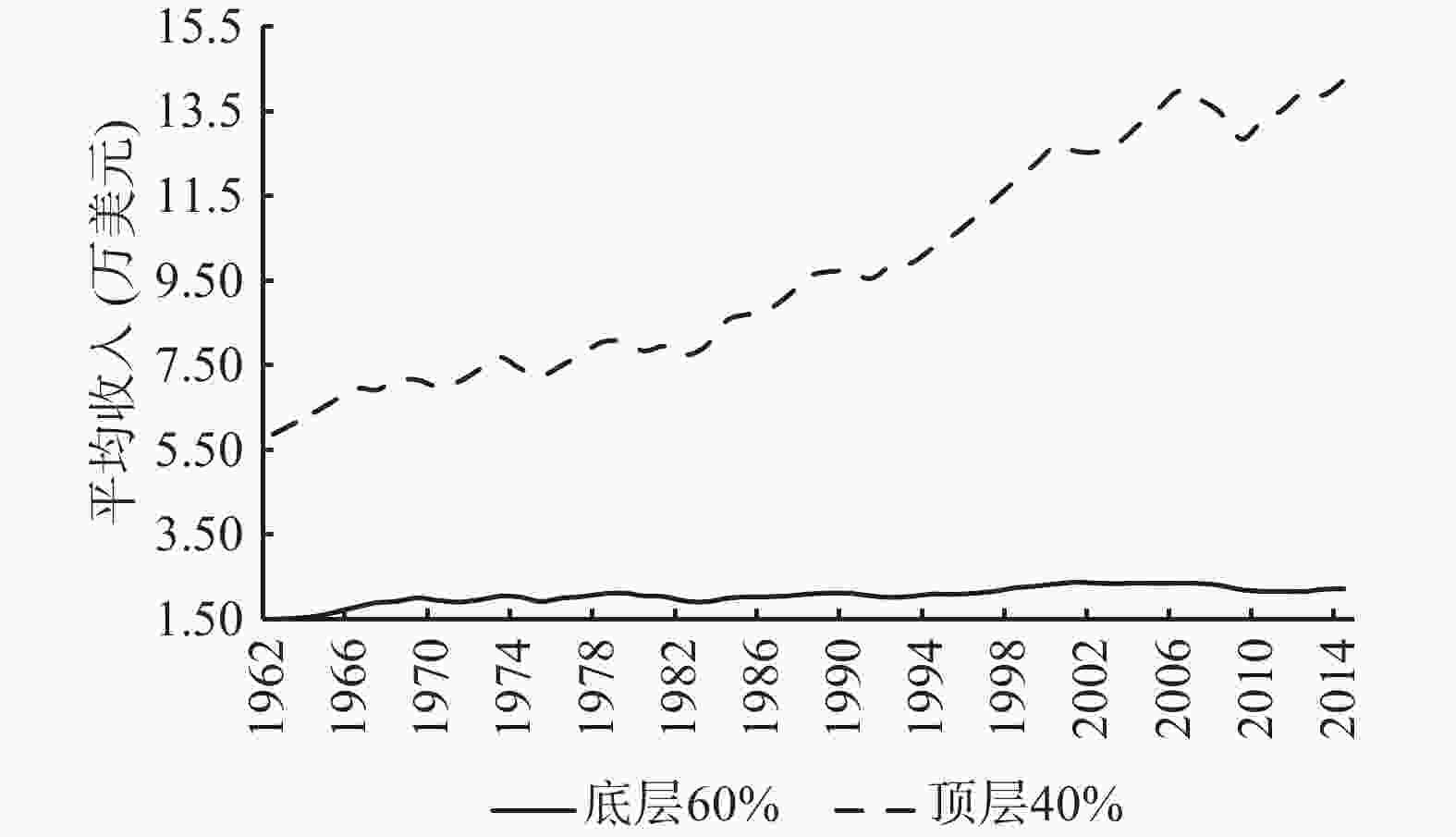
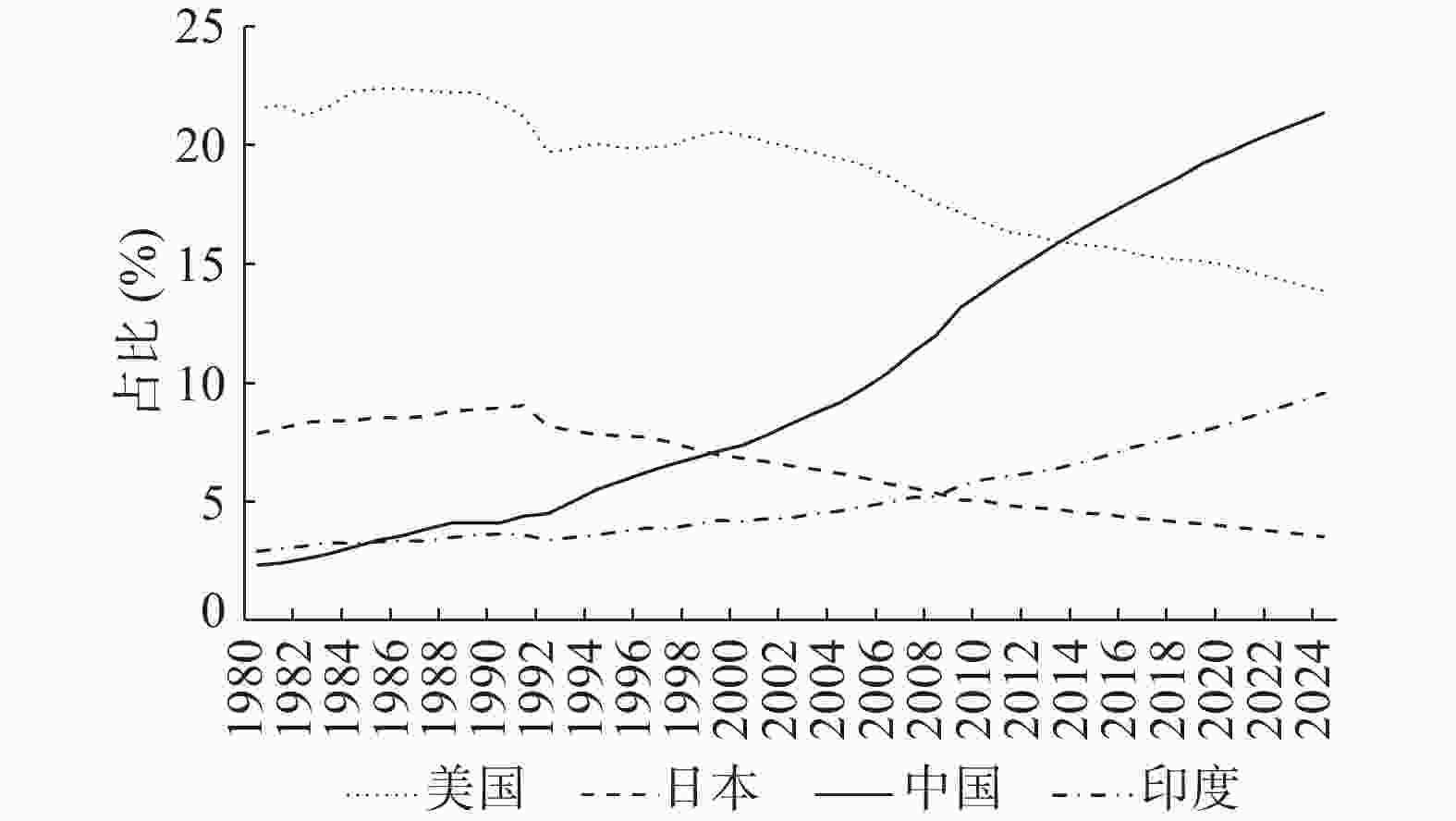
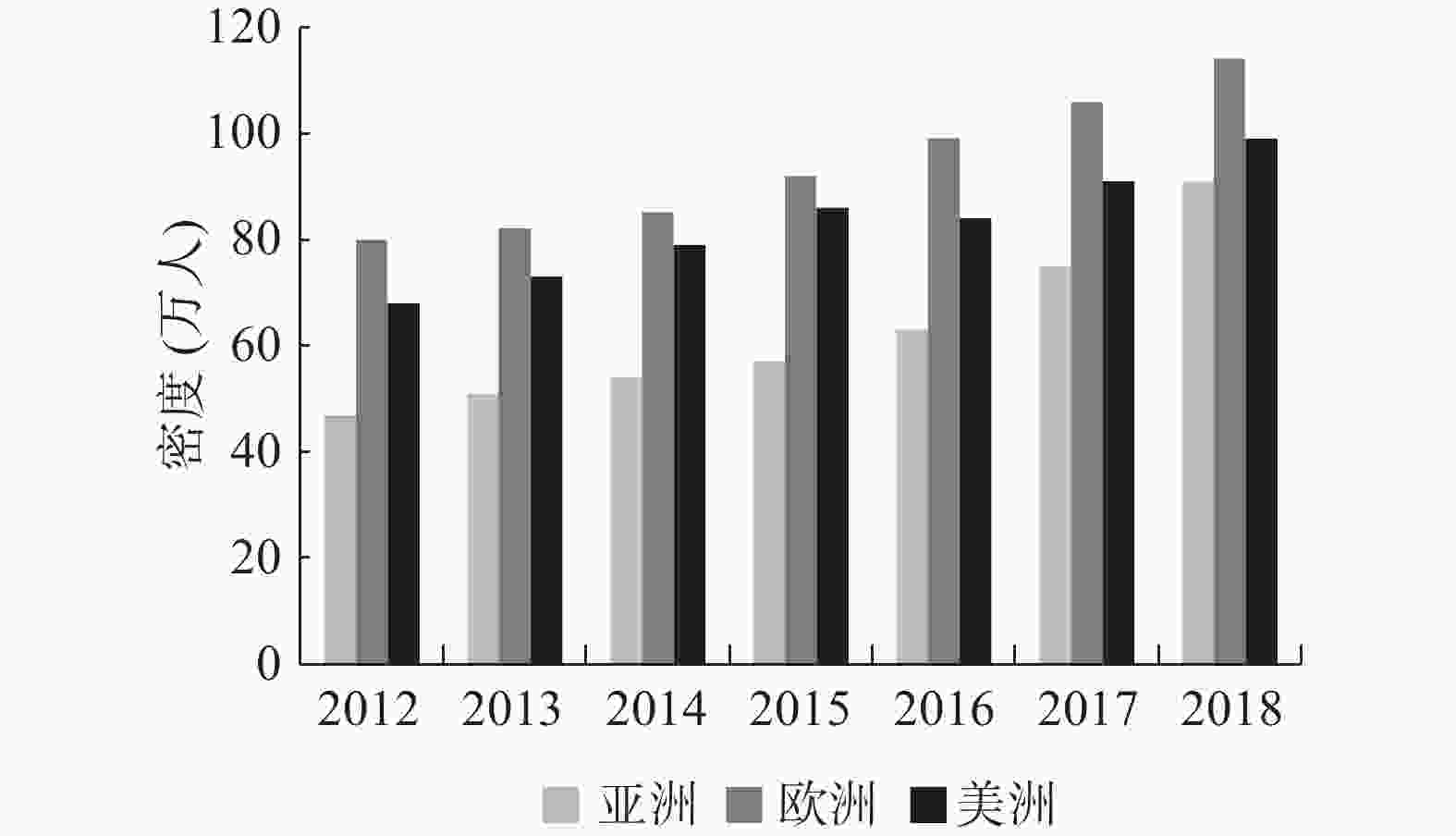
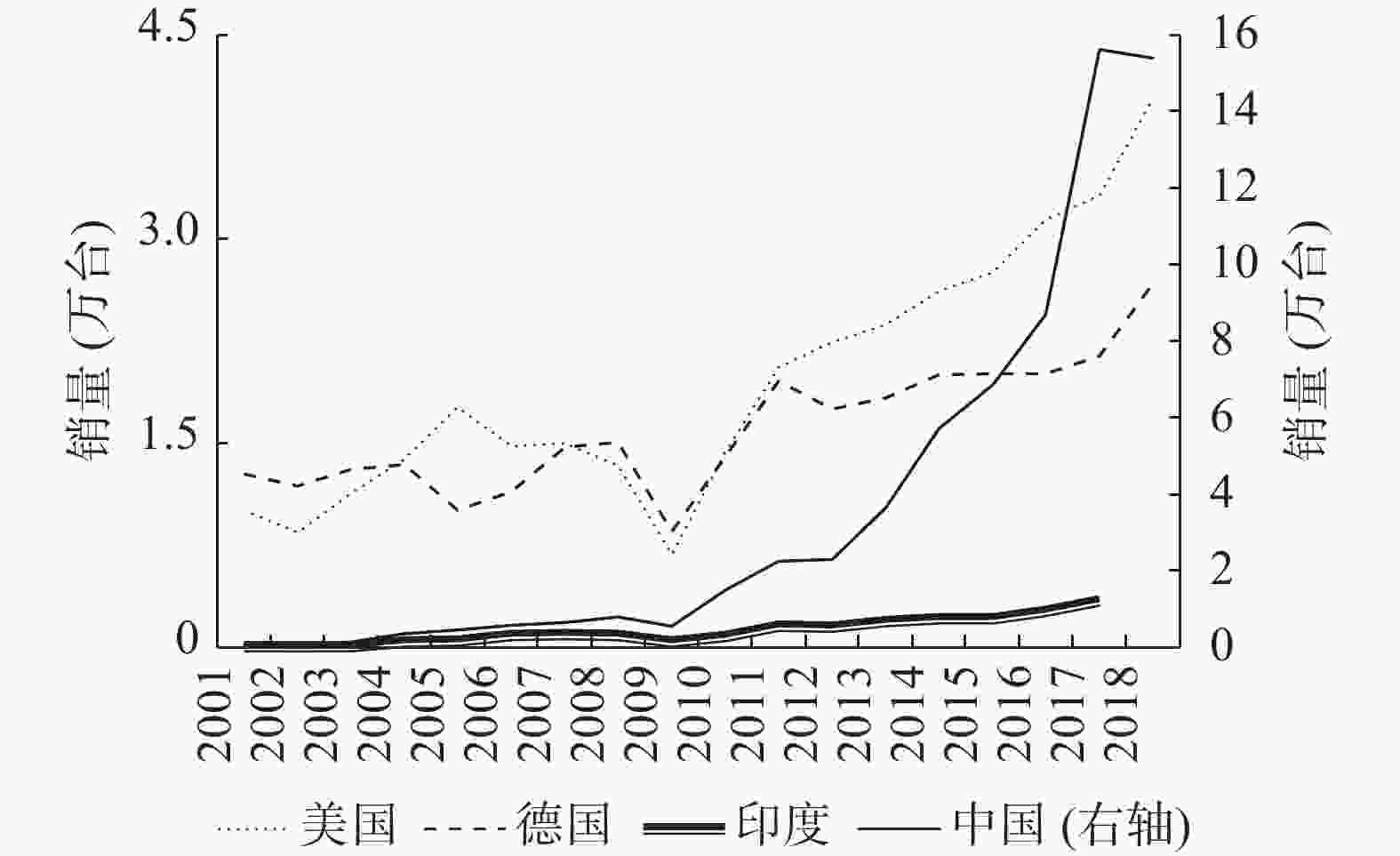



 沪公网安备 31010102003103号
沪公网安备 31010102003103号